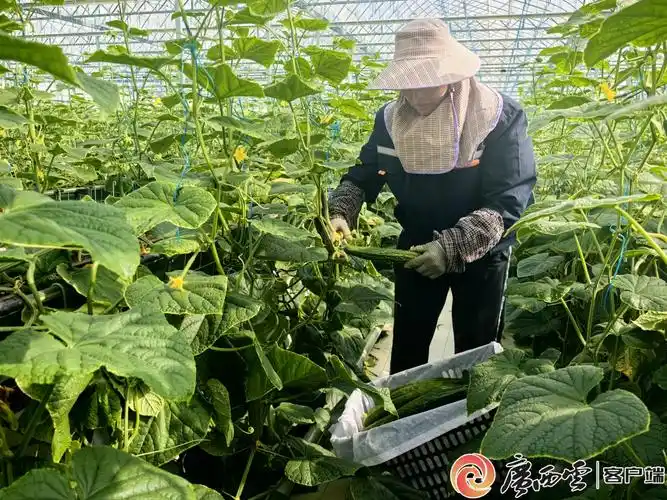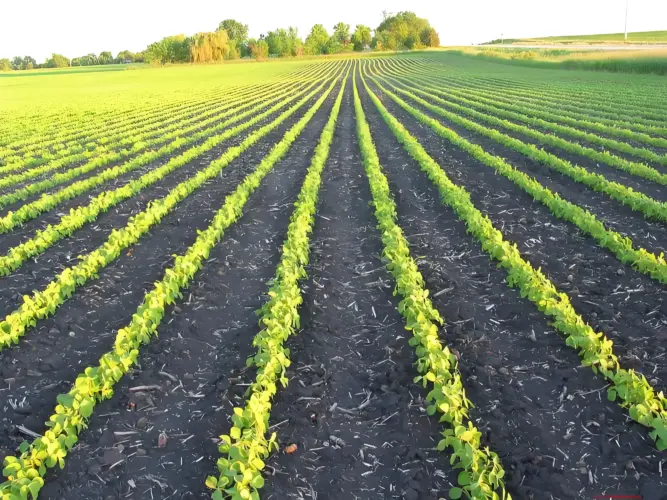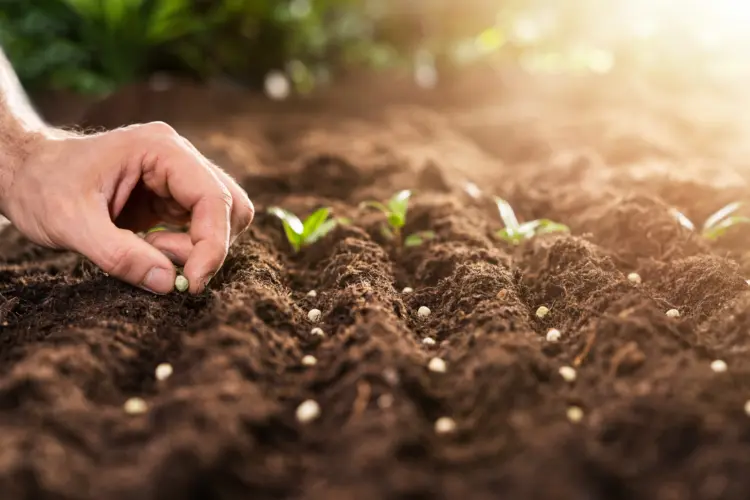Benefits of Worm Castings
Worm castings, also known as vermicompost, are nutrient-rich excrement produced by earthworms as they process organic material. They offer numerous benefits for soil and plants:
Nutrient-Rich: Worm castings contain essential nutrients like nitrogen, phosphorus, and potassium, as well as trace minerals.
Enhanced Plant Growth: They promote robust plant growth and improve yields by providing readily available nutrients.
Soil Health: Improve soil structure, increase water retention, and promote beneficial microbial activity.
How to Produce and Use Them
Producing Worm Castings
Worm Bin Setup: Create a bin with bedding materials like shredded paper and coconut coir. Add red wigglers, which are effective composting worms.
Feeding: Provide organic waste such as vegetable scraps, coffee grounds, and eggshells. Avoid meat and dairy.
Maintenance: Keep the bin moist and aerated, ensuring optimal conditions for the worms.
Using Worm Castings
Soil Amendment: Mix castings into the soil to enhance nutrient content and improve structure.
Top Dressing: Apply a layer of worm castings around plants to provide a slow-release nutrient source.
Liquid Fertilizer: Brew a worm tea by soaking castings in water to create a nutrient-rich liquid fertilizer.
FAQs on Maintaining a Worm Bin
1. How often should I harvest worm castings?
Harvest every 3-6 months, depending on the bin’s size and worm population.
2. What is the ideal temperature for a worm bin?
Keep the bin between 55-77°F (13-25°C) for optimal worm activity.
3. How do I prevent odors in my worm bin?
Avoid overfeeding and ensure adequate aeration to prevent anaerobic conditions.






